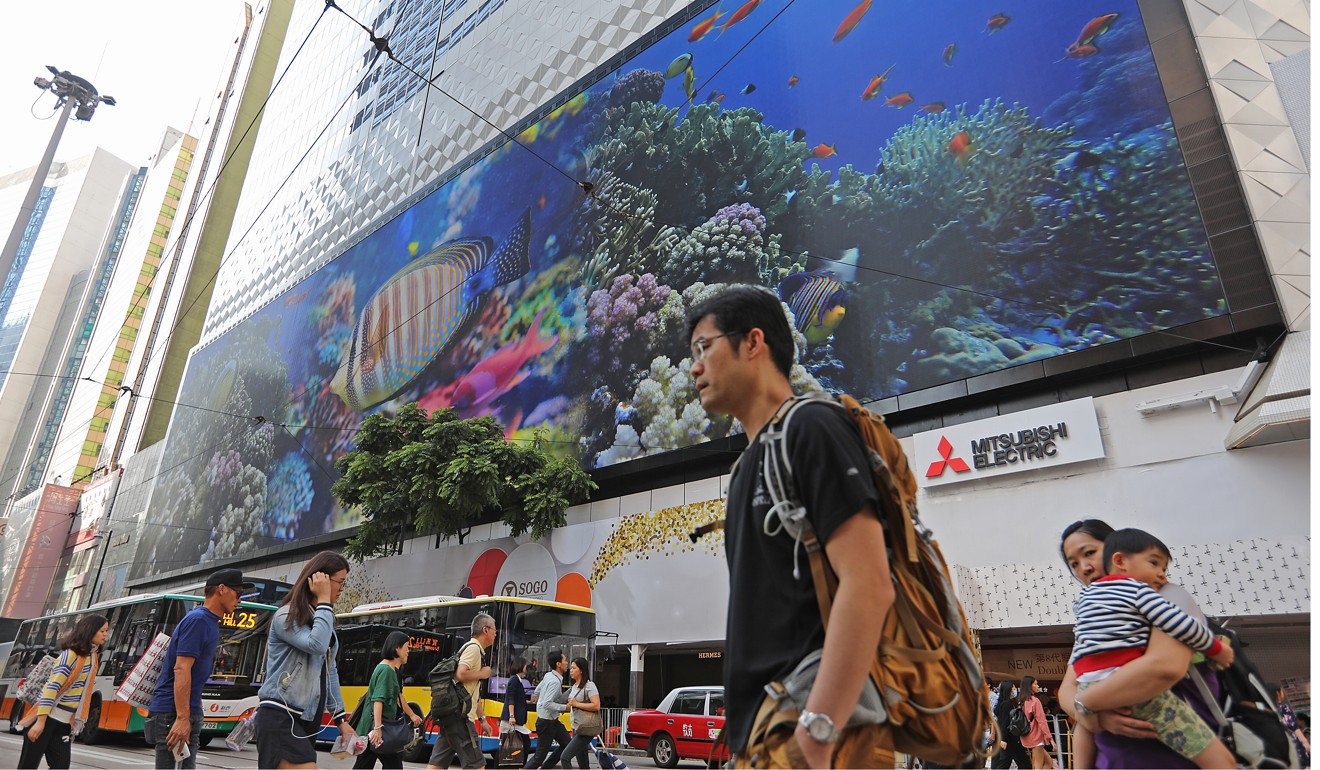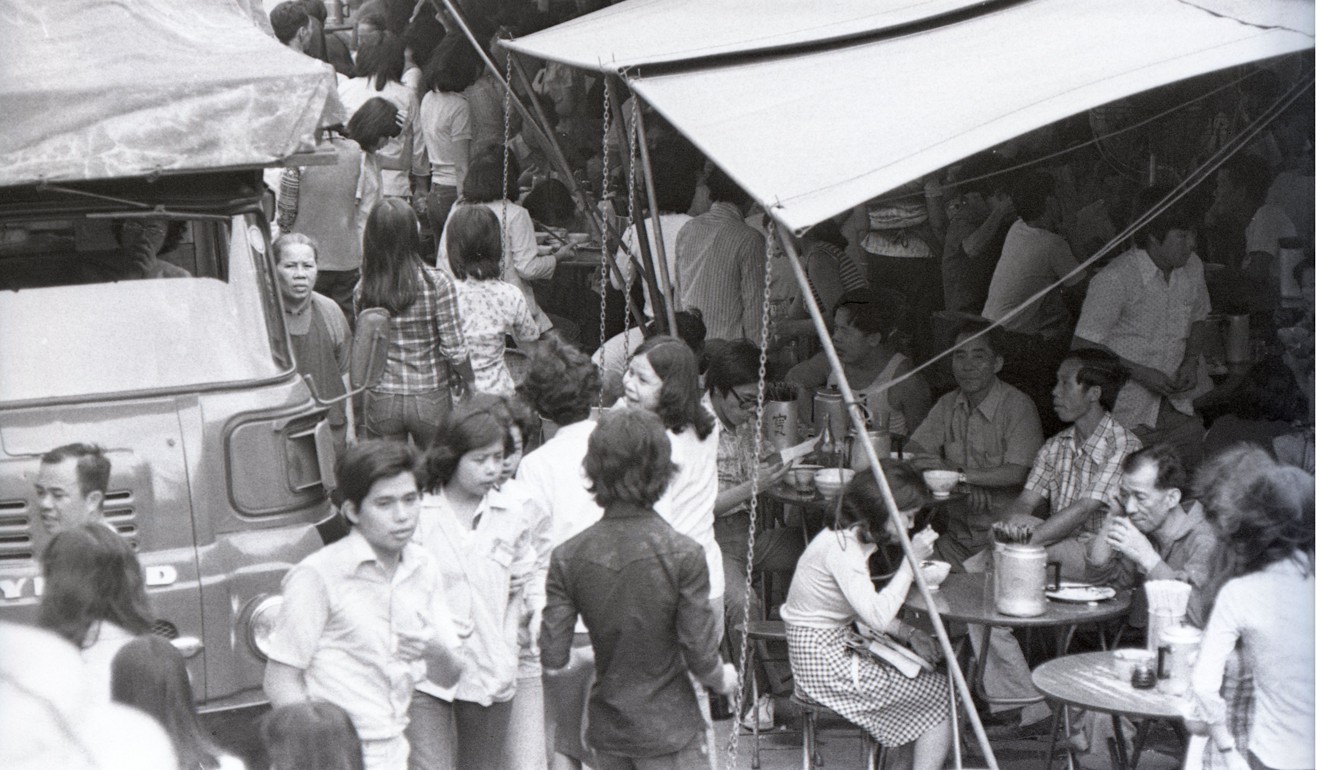
City planners warn Hong Kong could lose its individual character to ‘too much’ development
Planning experts warn that cities like Hong Kong need to maintain a balance between planned development and organic growth to keep their individuality
Cities like Hong Kong must balance planned development with organic growth to keep their individual character and remain attractive for tourists and locals, according to experts.
While government-led planning creates economic opportunities and attracts international investment, cities need to also allow bottom-up growth to stay individualistic and prevent replicas of modern cities across the globe.
“I think we need to understand where investment is needed to enable people to move themselves forward, but then also recognise that sometimes the best way is simply to let people get on with it,” said Eamonn Boylan, chief executive of Greater Manchester Combined Authority in the UK, in an interview with the South China Morning Post at the MIPIM Asia property conference in Hong Kong.
Lack of space, and a high demand for housing and offices is creating a high market value in Hong Kong, and attracting development. But too much planned development can result in a city losing its character, echoed Robin Rivaton, managing director of Paris Region Enterprises, when speaking at the conference.

“Too many of our cities are too similar, we have to create space for liberty and serendipity,” Rivaton said.
Governments have to balance modernisation and development, with creating a sense of community, he added, describing how Paris is attempting to subsidise local shops in the city centre to help sustain smaller companies in place of international retail brands.
Ian Brownlee, founder and managing director of Hong Kong planning consultancy Masterplan, said that Hong Kong lost some of its character since the 1980s and 1990s when the government began building new public housing estates to provide people with adequate accommodation.
“As you look at this process of tidying up Hong Kong, which had good reasons to justify it in terms of hygiene, safety and improving accommodation of people, at the same time it took away a lot of the character from the city,” he said.
Spaces that previously catered to informal activities like market stalls and Dai Pai Dongs, became sites for formal housing and office developments.

“There is a tendency that when you improve the standards of what people are living in, then the opportunities for organic and informal activities are reduced,” Brownlee said.
It it important that we allow natural, organic responses to what creates a quality of life for people
However, that is not to say Hong Kong is lacking in attraction or character. For example, Causeway Bay and Central still have street markets set up next to luxury international brands, giving distinct local character to a modernised area.
Other places like Sheung Wan and Sai Ying Pun have seen the success of organic, vibrant growth of independent cafes and shops.
“It it important that we allow natural, organic responses to what creates a quality of life for people,” said Boylan.
Manchester, in northwest England, has recently seen increasing levels of investment from Hong Kong and China, into projects such as the development of 10,000 new homes in the north of the city.
While such investments give economic and social benefits, city leaders must curb the desire to over plan, said Boylan, citing the success of the “thriving, cultured, diverse” northern quarter of Manchester: a distinct neighbourhood defined by bohemian culture, independent shops and street art. In 2010 it was named Britain’s best neighbourhood for its balance between government-led regeneration and maintaining a unique character.
“I think it is really important in thinking about the future of our places that we don’t over design, that we leave space for things to happen,” said Boylan.


